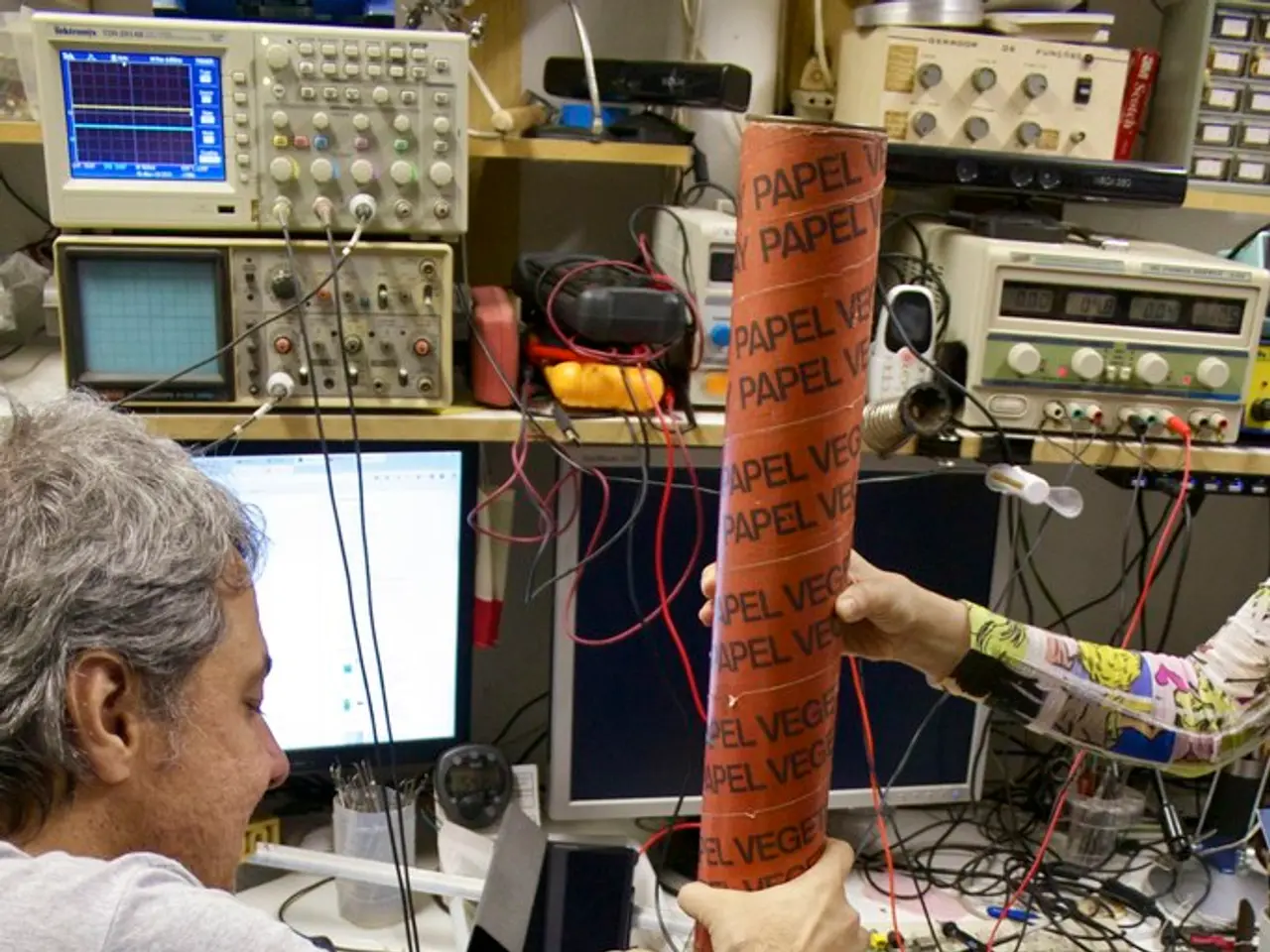Military organization Space Force adopts updated Global Positioning System management system following extended periods of setbacks
The GPS Next Generation Operational Control System (OCX) has been in development since 2007, with the contract awarded to Raytheon (now RTX) in 2010 to modernise and replace the legacy GPS Operational Control System (OCS). The primary goal of OCX is to enhance GPS navigation accuracy, security, and manage new signals and satellites in the modernised GPS Block III constellation.
The development of OCX was planned in three blocks: Block 0, Block 1, and Block 2, with each block adding more functionality for command and control of GPS satellites. However, the journey has not been without its challenges.
In June 2016, the U.S. Air Force notified Congress that OCX program costs had ballooned from an original estimate of $3.4 billion to over $4.25 billion, triggering a critical Nunn-McCurdy breach. This breach reflects significant problems including "inadequate systems engineering at program inception" and the complexity of integrating advanced cybersecurity requirements into the system.
Despite the breach, the Department of Defense certified the program in October 2016, allowing development to continue. The system experienced further delays, but incremental progress enabled delivery of OCX subsystems.
By July 2021, all OCX monitor station installations were complete, with operations expected to begin in early 2023. The U.S. Space Force aims for full operational acceptance of OCX by 2027, marking the intended completion of the transition from legacy systems.
Recent developments include the delivery of a next-gen OCX system upgrade in mid-2025, enhancing GPS precision and cybersecurity. This milestone marks years of development overcoming earlier challenges.
The next phase for OCX is Block 3F, which will enable control of new GPS III Follow-On satellites, expected to start launching in 2027. The Space Force has requested funding for Block 3F in its 2026 budget, as part of a ramp-up in "software development and factory testing."
Col. Stephen Hobbs, commander of Mission Delta 31, stated that OCX will enter operations late this year, provided that integrated systems testing and readiness exercises are successful. The update to OCX is significant as it will enable enhancements like anti-jamming, improved accuracy, and secure geolocation using M-Code.
In conclusion, the development of OCX has been a long and arduous road, marked by ambitious goals to enable modernised GPS capabilities but also by significant technical complexity, system engineering challenges, cybersecurity demands, cost growth, and delays. The program's phased delivery strategy, DoD certifications, and ongoing incremental rollouts illustrate efforts to manage these challenges and achieve full next-generation GPS control segment capability by the late 2020s.
References:
[1] SpaceNews. (2021, July 1). Pentagon takes over troubled GPS control system from Raytheon. [online] Available at: https://spacenews.com/pentagon-takes-over-troubled-gps-control-system-from-raytheon/
[2] SpaceNews. (2021, July 1). Space Force completes GPS OCX monitor station installations. [online] Available at: https://spacenews.com/space-force-completes-gps-ocx-monitor-station-installations/
[3] SpaceNews. (2025, July 1). Raytheon delivers next-gen OCX system upgrade. [online] Available at: https://spacenews.com/raytheon-delivers-next-gen-ocx-system-upgrade/
- The Pentagon, taking over from Raytheon, is planning to upgrade the GPS Next Generation Operational Control System (OCX) to modernize and replace the legacy GPS Operational Control System (OCS), aiming to control new signals and satellites in the modernized GPS Block III constellation.
- The Space Force aims for full operational acceptance of OCX by 2027, marking the intended end of the transition from legacy systems. This acceptance will enable enhancements like anti-jamming, improved accuracy, and secure geolocation using M-Code.
- In its 2026 budget, the Space Force has requested funding for Block 3F, to enable control of new GPS III Follow-On satellites, expected to start launching in 2027. This phase involves a ramp-up in software development and factory testing.
- The development of OCX has been closely linked with advances in space-and-astronomy, space technology, and military technology, as well as the Space Force and theAir Force, demonstrating the intersection of science and military applications in space.




